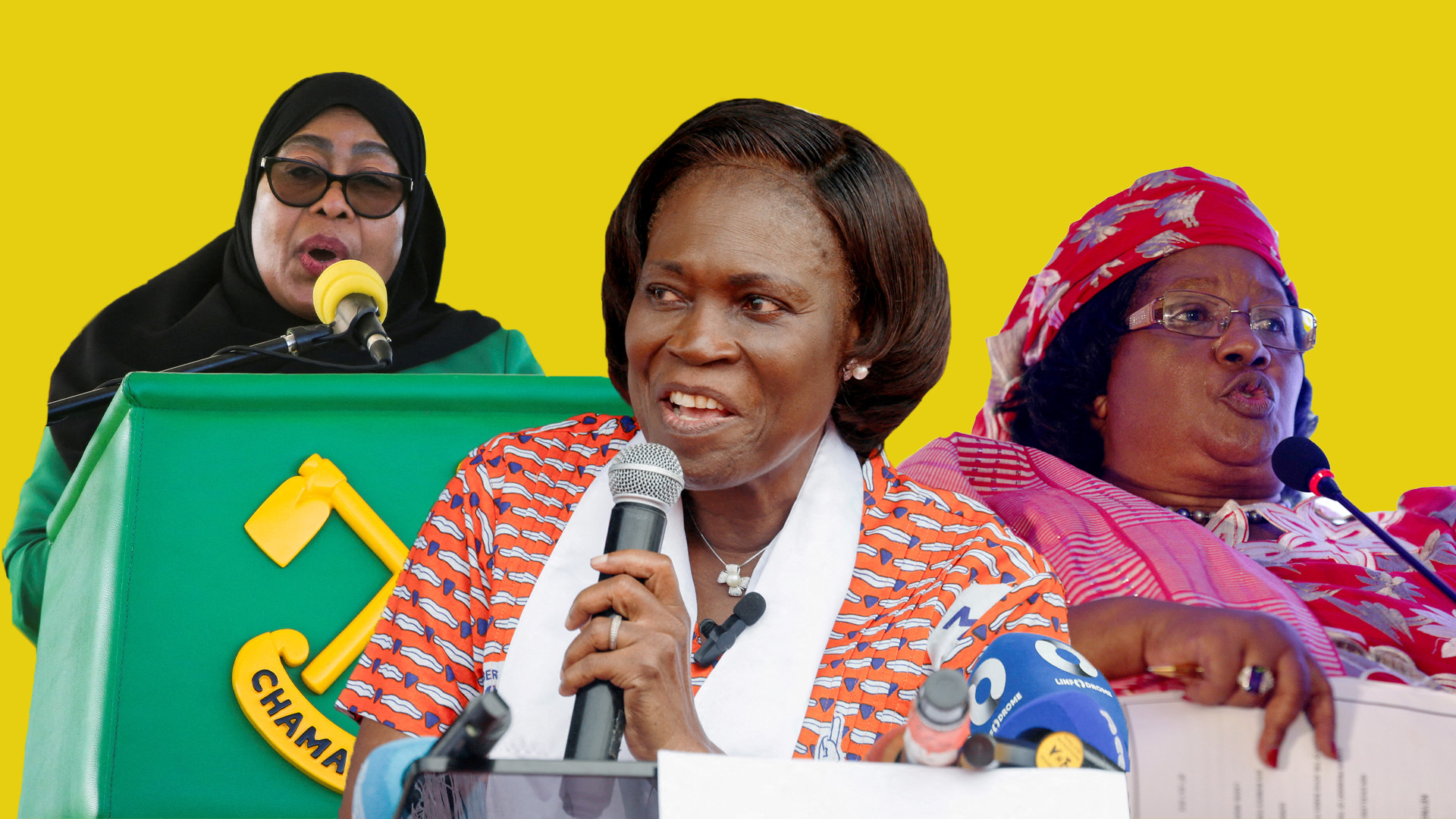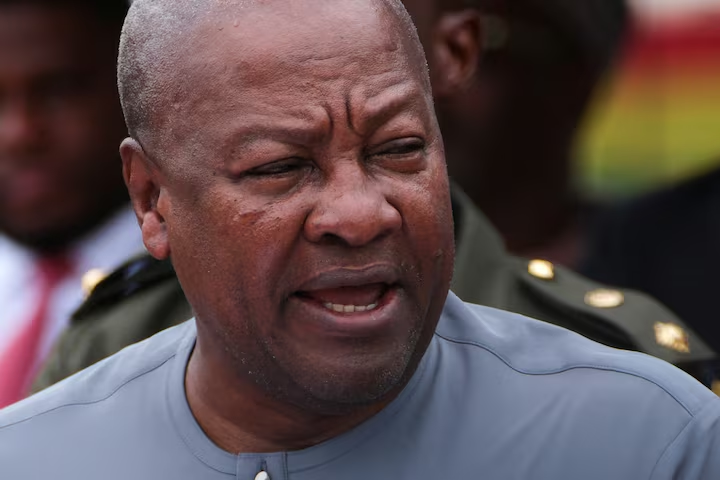
South Africa tells ICC it was under no obligation to arrest visiting al-Bashir

South Africa has defended its decision not to arrest Sudanese President Omar Hassan al-Bashir when he visited Pretoria two years ago, saying it was under no obligation to do so even though the International Criminal Court (ICC) had issued a warrant of arrest against the long-serving leader.
South Africa’s legal representative Dire Tladi told judges at a hearing in The Hague that the warrant issued by the international court did not outweigh a South African law that grants heads of state immunity from prosecution.
“There is no duty under international law and the Rome Statute to arrest a serving head of state of a non-state-party such as Omar al-Bashir,” Tladi argued.
Al-Bashir visited Pretoria briefly in June 2015 for an African Union summit, prior to which the ICC had requested South African authorities to arrest and hand him over for trial.
The 73-year-old faces 10 charges, including three of genocide as well as war crimes and crimes against humanity in the western Darfur region. He has however denied these charges.
The row between South Africa and the ICC prompted the former to notify the United Nations of its plans to withdraw from the court. Other African states also threatened to quit the international court.
A South Africa court however blocked the country’s exit from the ICC over procedural issues. The government however said it would go ahead with the withdrawal.
Friday’s hearing was convened to enable the court gather information on whether it should report South Africa either either to the ICC’s governing body, the Assembly of State Parties, or to the U.N. Security Council for non-compliance with the court.






